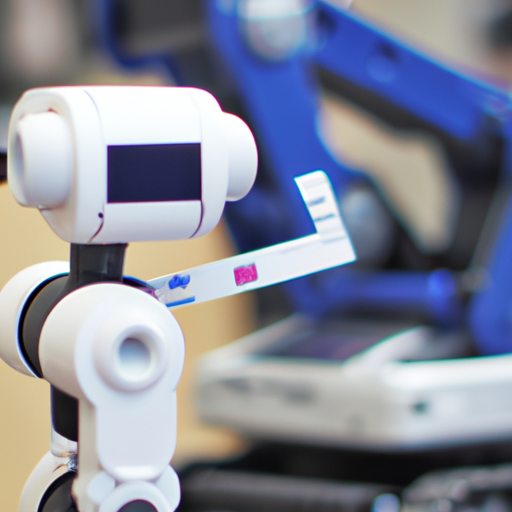As technology continues to evolve, robotics in healthcare is emerging as a significant force that is transforming the landscape of medicine. From robotic surgery to automated patient care, robots are enhancing precision, efficiency, and outcomes in healthcare settings. In this blog post, we will explore the various ways robotics is impacting healthcare.
1. Robotics Revolutionizing Surgical Procedures
One of the most exciting developments in medical robots is in the realm of robotic surgery. Robots like the da Vinci Surgical System enable surgeons to perform minimally invasive procedures with unprecedented precision. Utilizing advanced technology, surgeons can make smaller incisions, resulting in less pain and quicker recovery times for patients.
2. Enhancing Patient Care with Automation
Robots are not limited to the operating room; they are also transforming patient care. Healthcare technology is advancing with the introduction of robotic assistants that help with routine tasks like delivery of medications, patient monitoring, and assisting the elderly or disabled in their daily activities. This reduces workload on human staff and allows them to focus on more critical patient interactions.
3. Innovations in Rehabilitation
Robotic rehabilitation systems are making strides in helping patients recover from injuries and surgeries. Devices like exoskeletons assist individuals in regaining mobility, while robotic arms provide therapeutic exercises for upper body rehabilitation. These advancements are not only improving recovery outcomes but are also enhancing patients’ quality of life.
4. Future Trends in Robotics and Healthcare
As research continues, we can expect further innovations in the field. The integration of AI with robotics in healthcare could enable robots to learn from patient data, leading to personalized treatments and improved healthcare delivery. Furthermore, telepresence robots could enable remote consulting, making healthcare accessible to those in rural or underserved areas.
5. Challenges and Considerations
While the benefits of robotics in healthcare are impressive, challenges do remain. Ethical considerations, high costs of robotic systems, and the need for skilled personnel to operate these technologies are crucial aspects that need addressing. Nonetheless, the potential for robotics to enhance patient care and improve medical outcomes remains substantial.
Conclusion
The integration of robotics in healthcare is undoubtedly a game-changer. As technology evolves, we can anticipate even more innovative developments that will enhance surgical procedures, patient care, and rehabilitation. The future of healthcare is bright, and robotics will play a pivotal role in this transformation.




